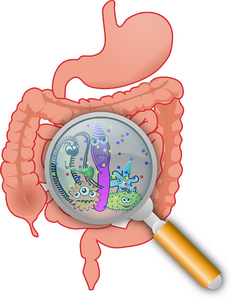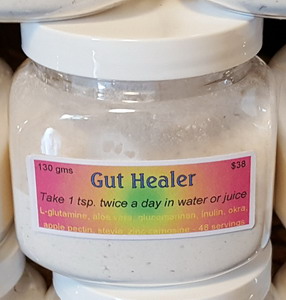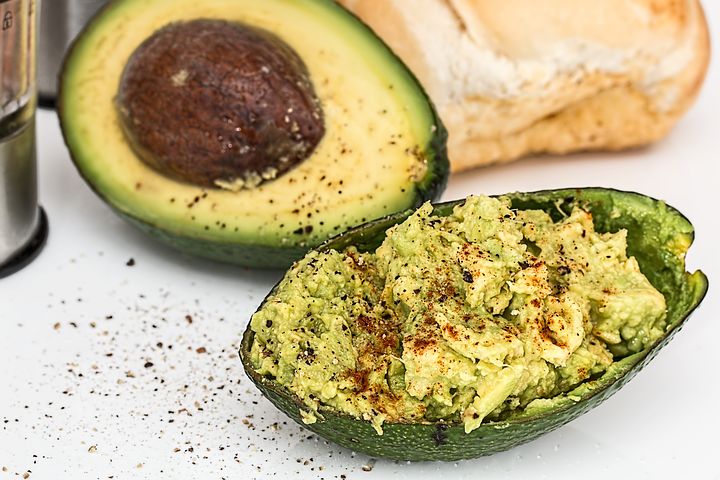
Well the science is finally pouring in and the myth that saturated fat and cholesterol causes heart disease is broken. The Seven Countries’ study started by Ancel Keys way back in 1958 to promote his belief that saturated fat and dietary cholesterol caused heart disease has been disproven as simply bad science created by cherry picking results to get the results he wanted. Originally 22 countries were studied by Ancel Keys and correlations were sought between levels of fat and cholesterol consumed and the amount of heart disease in the population. The problem is Ancel already decided upon the answer to the question before he started the study. So when only 7 of the studied countries showed higher fat and cholesterol consumption as well higher heart disease, he simply threw out the data from the other 15 countries that showed there was no correlation. They were disproving his hypothesis, so he ignored them.
Well, over the last few years a lot of relooking at these studies that supposedly proved saturated fat caused heart disease has shown that the scientific community is prone to believing in fads. And if you, as a researcher, want to keep your job, you have to come up with the results that are currently in vogue with your bosses. This is very disappointing to those of us that were brought up believing that the scientific method was the way to discover Truth. It seems politics and power corrupts even science.

I remember way back when I was in high school being taught that cholesterol was evil and caused heart disease. I went to the state fair with my family and at the fair they were doing a huge study on egg consumption and cholesterol blood levels. I believe over 18,000 people were tested and their weekly egg consumption was recorded. At that time we were being taught that we should only eat 2 eggs per week to be safe from cholesterol killing us. The results of the study at the state fair didn’t support this. In fact the study showed that there was zero correlation between people’s blood cholesterol and whether they ate anywhere from zero eggs to 21 eggs per week. This was my first exposure to scientific studies not fitting what I was being told was scientific fact, that eggs were deadly.
So with this vindication about saturated fat and dietary cholesterol not causing heart disease, we can now all drown ourselves in butter, ice cream, coconut oil, and meat fat without fear. Right? Yes, fat is still the most concentrated form of calories, but it is also super yummy. After all these years of denying ourselves fatty treats (or at least feeling guilty when we did eat fats) we deserve a break and should feel free to indulge. Fats are off the hook! After all, we have been eating saturated fats for thousands of years without any problems, haven’t we?

There are several tribes of people in various places around the planet that have been living the same hunter-gatherer lifestyle for thousands of years. When we study their diets, interestingly they consume little saturated fat. Their food of wild game, sea mammals or fish has very low saturated fat levels. Their diets are only 8% to 13% saturated fat compared to our standard diet of 23% to 38% saturated fat calories. It seems that saturated fat is primarily a consequence of feeding our livestock and fish grains, instead of what they naturally eat.
Then there is the question of which saturated fat does what? There are over 20 different saturated fats in the human diet. Which does what and to whom? We have learned for sure that the artificial trans fats are in fact deadly, but past here the science gets really confusing. Part of the reason we have headed down the wrong road with our diets is because scientific studies keep showing up with conflicting results. These conflicting study results makes it really easy to assume that your beliefs are right. Billions of dollars spent on thousands of studies and they still don’t know much about saturated fat. Unfortunately a lot of that money was wasted on trying to prove that saturated fats cause heart disease specifically, which they don’t. But what about other diseases?

Obviously certain saturated fats are good for us while we are young, as they appear in breast milk, but are they still good for us once we stop growing rapidly? What about the effects of saturated fats on things besides “us”? While listening to a documentary series called the Human Longevity Project, I keyed in to a comment made by a microbiologist – “saturated fats make the outer coats of certain microbiome bacteria more toxic.” Since I was recently made aware that the source of most of our chronic degenerative diseases is the gut microbiome leaking into our system, this information warranted further investigation.
Two days of intense web research into obscure microbiology research papers introduced me to the ugly world of endotoxemia. I am normally up to my armpits in metabolic research and I had never heard of endotoxemia. I had heard of the process of negative bacteria cell membranes, called lipopolysaccharides, getting into the blood stream and causing inflammation, but this is a specialized research niche. These lipopolysaccharides are actually the root cause of insulin resistance, diabetes, and autoimmune disease. For the last ten years I have focused on gluten and casein getting into the bloodstream as the cause behind these disorders. Now the research is saying that these lipo guys are much worse, and you can’t avoid eating them because they are already growing inside of you.

There is currently an explosion of research on the microbiome, all the bacteria, viruses, and fungi living in our guts. In terms of DNA, what we think of as us as humans is actually 90% bacteria. Some of this research is looking at endotoxemia, but they have a long way to go before they will understand it. For example they know lipopolysaccharides are very toxic. A tiny amount injected into a lab animal kills them quickly. Studying different types of dietary fat has shown that coconut oil saturated fat greatly raised the amount of lipopolysaccharides leaking into the blood stream, while olive oil has no effect and fish oil actually decreases it. But another study showed that the MCTs in coconut oil actually protect the organs from damage from the lipopolysaccharides. So is coconut oil good or bad? I don’t know.
Lets step back a step; not all gut bacteria have toxic lipopolysaccharides in their outer coats. Some bacteria are good guys and do good things for us and other bacteria are bad guys and do negative things to us. I am not talking anything about infections here. The bacteria in our guts communicate with our body with messenger molecules that trigger different reactions in us. Some of those communications regulate how leaky our gut is and others regulate our energy balance and even what foods we crave.

So what is the bottom line? Simply put we need to have gut microbes that are good guys, that help our health, keep us lean, keep those pesky chronic diseases like cancer, diabetes, and Alzheimer’s away. How does this relate to saturated fats? Saturated fats feed the bad guys and make them even meaner. If you have enough of the good guys around, you keep the bad guys in line. But if you don’t have enough good guys and you feed the bad guys, then you/we are in trouble. A high fat diet of either saturated fats or omega 6 oils (seed oils) and simple carbohydrates and sugars all feed the bad guys. The good guys eat soluble fibers from vegetables. This is why a healthy diet should be 80% vegetables by weight – to feed the good guys. Fruit has some soluble fiber also, but also has the high sugar levels, so it feeds both groups of bacteria. Refined processed foods have almost no fiber, so they are all bad.
Until we know more, like whether some saturated fats are okay and others not, we should keep the saturated fat levels down while building up the levels of

good guy bacteria with appropriate soluble fibers. I suggest eating a ton of vegetables daily or my Gut Healer fiber blend. Omega 6 oils and trans fats (meaning any heated or artificial fat) should be off the list, as well as our favorites – sugar and simple carbs.
